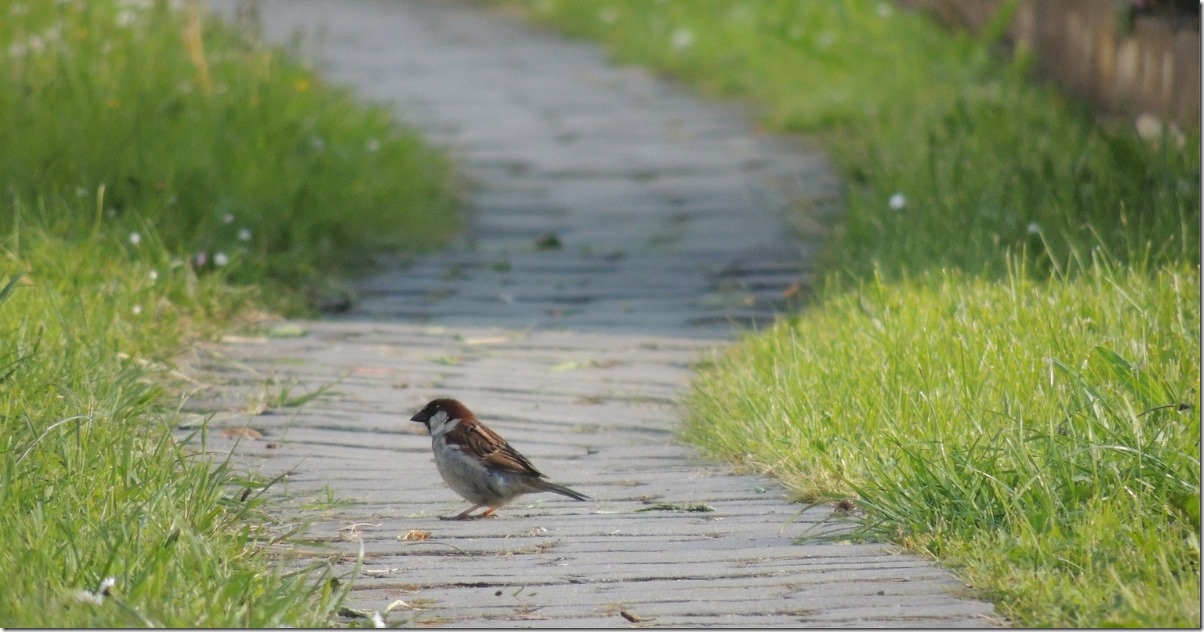(A Bird came down the Walk1)
Emily Dickinson
 A bird came down the walk:
A bird came down the walk:- He did not know I saw;
- He bit an angle-worm in halves
- And ate the fellow, raw.
- ⋅
- And then he drank a dew
- From a convenient grass,
- And then hopped sidewise to the wall
- To let a beetle pass.
- ⋅
- He glanced with rapid eyes
- That hurried all abroad,—
- They looked like frightened beads, I thought;
- He stirred his velvet head
- ⋅
- Like one in danger; cautious,
- I offered him a crumb,
- And he unrolled his feathers
- And rowed him softer home
- ⋅
- Than oars divide the ocean,
- Too silver for a seam,
- Or butterflies, off banks of noon,
- Leap, plashless,1 as they swim.
Online early versions
- Emily Dickenson Archive
- Higginson, T. W. (1891, October). Emily Dickenson’s Letters. The Atlantic, 68.
- Higginson, T. W., & Todd, M. L. (Eds.). (1920). Poems by Emily Dickenson (Second Series). Boston: Little Brown, and Company.
References and Interpretations
Biographical information on Emily Dickenson
All of these sources were accessed June 25, 2019.
- Punctuation and titles – The original 1862 poem had no title, very little punctuation, and unconventional capitalization. In its first publication, Emily Dickenson’s Letters, T. W. Higginson gave it the benefit of “ordinary usages” of punctuation. A title, In the Garden, was added in a 1920 publication edited by Thomas Wentworth Higginson and Mabel Loomis Todd.
- plashless, adv. Smoothly; fluidly; deftly; elegantly; gracefully; in a flowing manner; without splashing; without disturbing the surface of the water. – Emily Dickinson Lexicon; Brigham Young University (accessed June 25, 2019)
Image credit: Pixabay image 114895 by SimonaR